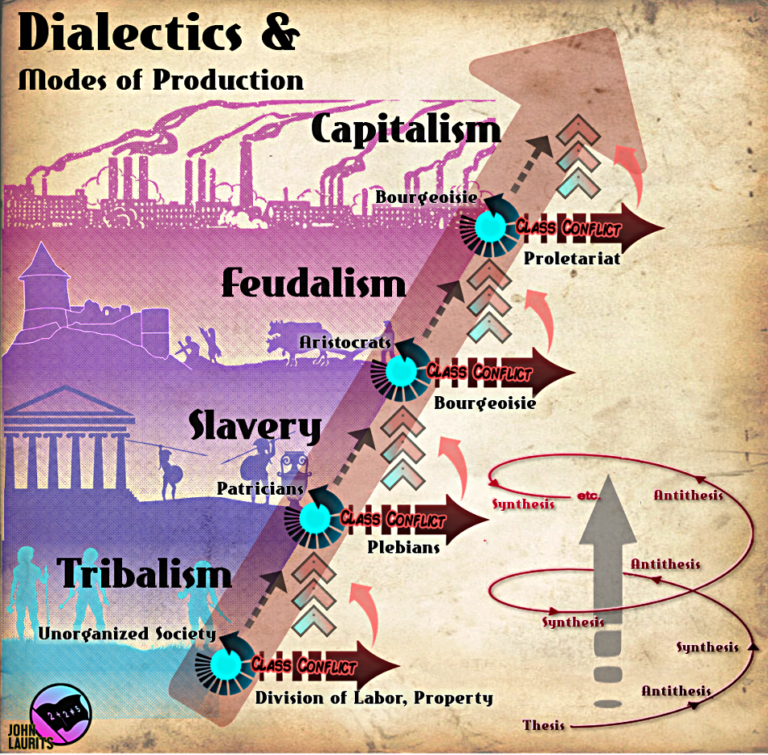
Each reality, therefore, is a realization-a development of “subjectivity.” The latter “comes to itself” in history, there the development has a rational content Hegel defines it as “progress in the consciousness of freedom.”Īgain a value judgement-and this time a value judgement imposed upon the world as a whole. Reality is the constantly renewed result of the process of existence-the process, conscious or unconscious in which “that which is” becomes “other than itself” and identity is only the continuous negation of inadequate existence, the subject maintaining itself in being other than itself. The struggle may be blind or even unconscious, as in inorganic matter it may be conscious and concerted, such as the struggle of mankind with its own conditions and with those of nature. Nothing is “real” which does not sustain itself in existence, in a life-and-death struggle with the situations and conditions of its existence. Since we no longer have that fluent access to these concepts which the eighteenth and nineteenth century still had, I shall try to sketch Hegel’s conception in more familiar terms.
#Marxian dialectic series#
Now what (or who) is this subjectivity that, in a literal sense, constitutes the objective world? Hegel answers with a series of terms denoting the subject in its various manifestations: Thought, Reason, Spirit, Idea. The objects thus “contain” subjectivity in their very structure. All facts embody the knower as well as the doer they continuously translate the past into the present. Dialectical thought invalidates the a priori opposition of value and fact by understanding all facts as stages of a single process-a process in which subject and object are so joined that truth can be determined only within the subject-object totality. I choose this vague and unscientific formulation in order to sharpen the contrast between dialectical and undialectical thinking. The power of negative thinking is the driving power of dialectical thought, used as a tool for analyzing the world of facts in terms of its internal inadequacy.

Progress becomes quantitative and tends to delay indefinitely the turn from quantity to quality-that is, the emergence of new modes of existence with new forms of reason and freedom. Yet this dynamic seems to operate endlessly within the same framework of life: streamlining rather than abolishing the domination of man, both by man and by the products of his labor. Moreover, it precludes neither criticism nor change on the contrary, insistence on the dynamic character of the status quo, on its constant “revolutions,” is one of the strongest props for this attitude. Thus acceptance-and even affirmation-of this reality appears to be the only reasonable methodological principle. The established reality seems promising and productive enough to repel or absorb all alternatives. It seems to belong to the past and to be rebutted by the achievements of technological civilization.

Today, this dialectical mode of thought is alien to the whole established universe of discourse and action. The negation which the dialectic applies to them is not only a critique of conformist logic, which denies the reality of contradictions it is also a critique of the given state of affairs on its own ground-of the established system of life, which denies its of promises and potentialities. To the extent that these concepts disregard the fatal contradictions which make up reality, they abstract from the very process of reality. Common sense and science purge themselves from this contradiction but philosophical thought begins with the recognition that the facts do not correspond to the concepts imposed by common sense and scientific reason-in short, with the refusal to accept them. As Hegel defines it: “Thinking is, indeed, essentially the negation of that which is immediately before us.” What does he mean by “negation,” the central category of the dialectic?Įven Hegel’s most abstract and metaphysical concepts are saturated with experience-experience of a world in whihc the unreasonable becomes reasonable and, as such, determines the facts in which unfreedom is the condition of freedom, and war the guarantor of peace. was written in the hope that it would make a small contribution to the revival, not of Hegel, but of a mental faculty which is in danger of being obliterated: the power of negative thinking.

All genuine progress, he insists, requires the recognition of the negative as a social force and reality. In 1941 Herbert Marcuse published Reason and Revolution: Hegel and the Rise of Social Theory. In 1960, he added this new preface, which briefly explains the underlying basis of Hegel’s philosophy, and why Marcuse considers dialectics such a powerful approach to theory and politics.


 0 kommentar(er)
0 kommentar(er)
